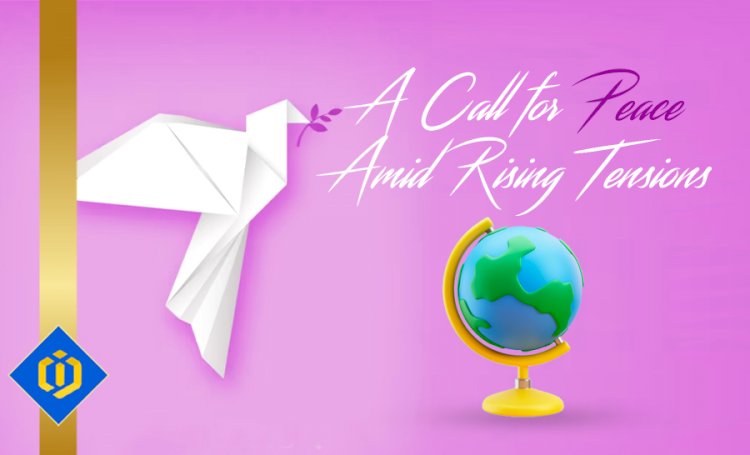How Can We Achieve Peace Given the Conditions of World and Global Conflicts?

Since the fall of the Soviet Union, the geopolitical landscape has undergone significant change, but the world has advanced significantly. The US, which was once without a doubt the world's superpower, is now vying for dominance with Iran, India, China, and other developing countries. As the US dollar's position as the world's reserve currency is increasingly questioned, we must consider the potential effects of this shift in power dynamics.
Because the US dollar is the main reserve currency, the US has been able to maintain a sizable influence over the global economy. Because it has the ability to print USD, which are essentially debt receipts, the US has been able to export inflation globally and pay off its debt with paper money. However, this advantage is currently under threat as nations like China and Russia attempt to change the game's rules.
China's rise to prominence as a major economic force has led to escalating tensions with the US, particularly in regard to Taiwan. This battle for supremacy may already be the start of World War 3, even though its effects have not yet been felt to their full extent. As tensions rise, world leaders must prioritize the provision of food, education, and peace over conflict and the use of force.
We must take the lessons from history in order to prevent the disasters that have befallen earlier civilizations. It is the responsibility of all nations to work together while promoting understanding and cooperation in order to make the world a more peaceful and prosperous place for all people. Never should the pursuit of power mean sacrificing another person's life or the future of the planet.
In this period of unpredictability and change, it is more important than ever for world leaders to unite and work together to create a peaceful, stable, and just world. By putting more emphasis on the needs of our people than on a destructive arms race, we can create a better future for coming generations.

 content-team
content-team 


















